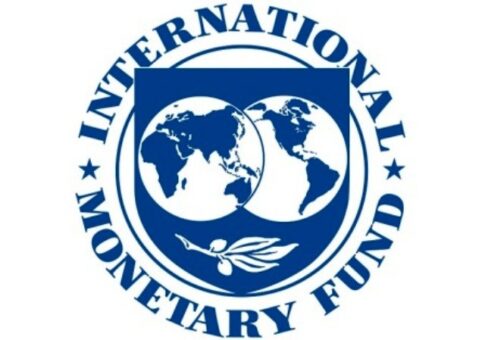Karachi, July 20, 2023 – Pakistani banks are exposed to sovereign risk due to the escalating levels of government debt, warned a report issued by the International Monetary Fund (IMF).
According to the recently released country report on Pakistan, the IMF highlighted that banks in the country are facing a significant exposure to sovereign risk, primarily because of the high and increasing share of government debt in their asset portfolios.
READ MORE: SBP Commits Not to Launch New Refinancing Schemes, IMF Country Report States
The sovereign exposure of the banking system rose from 48 percent of assets at the end of FY21 to 51.6 percent by the end of March 2023. Moreover, during the first half of FY23, banks accounted for approximately 50 percent of the government’s financing, further amplifying their exposure to sovereign risk.
The report acknowledged that despite the economic downturn and challenges posed by the COVID-19 pandemic and the devastating 2022 floods, the banking sector appears stable. In fact, bank profitability has shown improvement, supported by rising interest rates.
READ MORE: IMF Warns of Exceptionally High Economic Risks in Pakistan
As of the end of March 2023, the banks’ capital adequacy ratio (CAR) stood at 16.3 percent, comfortably above the regulatory minimum of 11.5 percent, which includes the 1.5 percent capital conservation buffer. However, it was noted that the CAR deteriorated by 0.7 percent compared to the end of December 2022.
The report also highlighted concerns over Non-Performing Loans (NPLs), which increased to 7.8 percent, indicating a rise in bad loans. Despite this, NPL provisioning remained high at 90.7 percent, signifying the banks’ efforts to mitigate potential losses. However, the report revealed that 11 out of 32 banks reported NPLs above the concerning threshold of 10 percent.
READ MORE: Foreign Direct Investment Plunges by 25% in Pakistan During FY23
Despite the overall stability, some banks faced challenges amid heightened foreign exchange market pressures. The report noted that certain banks temporarily breached net open position limits, and four banks remained undercapitalized, indicating potential vulnerabilities in their financial positions.
The IMF’s assessment highlights the importance of closely monitoring the exposure of Pakistani banks to sovereign risk and ensuring prudent risk management practices. As the economic situation evolves, it will be crucial for the banking sector to remain vigilant in navigating potential risks and challenges to maintain stability and safeguard the overall financial system.
READ MORE: Pakistan’s Current Account Deficit Narrows Sharply by 85% to $2.56 Billion
